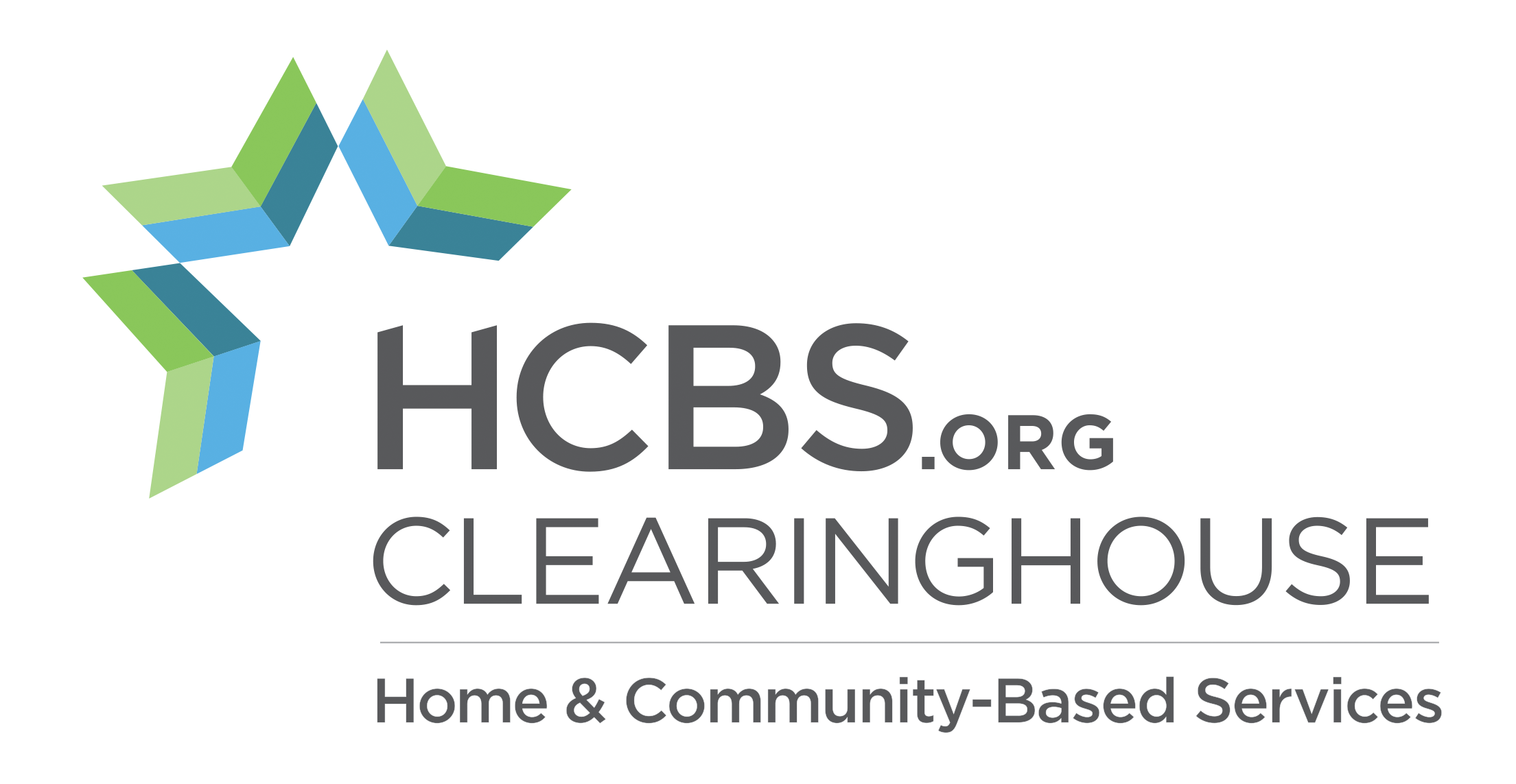
Evaluation of Waivers Granted Under WIA: Finding from Interviews with 20 States Final Interim Report
Article Publication Date
Summary
The Workforce Investment Act (WIA) is the largest source of federally-funded employment and training services. WIA allows states to apply for waivers of WIA regulations to provide greater flexibility in serving the needs of local populations. The Department of Labor approved more than 750 state-requested waivers of statutory and regulatory requirements between 2008-2010. This report evaluates selected waivers during the time period to examine the possible effects of waiver implementation.
Types/Tools
Populations
Sources
Programs/Initiatives
States
Keywords
Workforce Investment Act of 1998; WIA; Adult-Dislocated Worker Transfer; A-DWT; Local Funds for Incumbent-Worker Training as a Statewide Activity; IWT; Rapid Response Funds for Incumbent-Worker Training as a Statewide Activity; IWTS; Employer Contribution for Customized Training; CT; Employer Reimbursement for On-the-Job Training; OJT; Competitive Procurement for Youth Elements; CPYE; Youth Individual Training Accounts; ITAs; Work-flex
Contact
United States Department of Labor (DOL)
Employment and Training Administration (ETA)
NULL
ETAPagemaster@dol.gov

